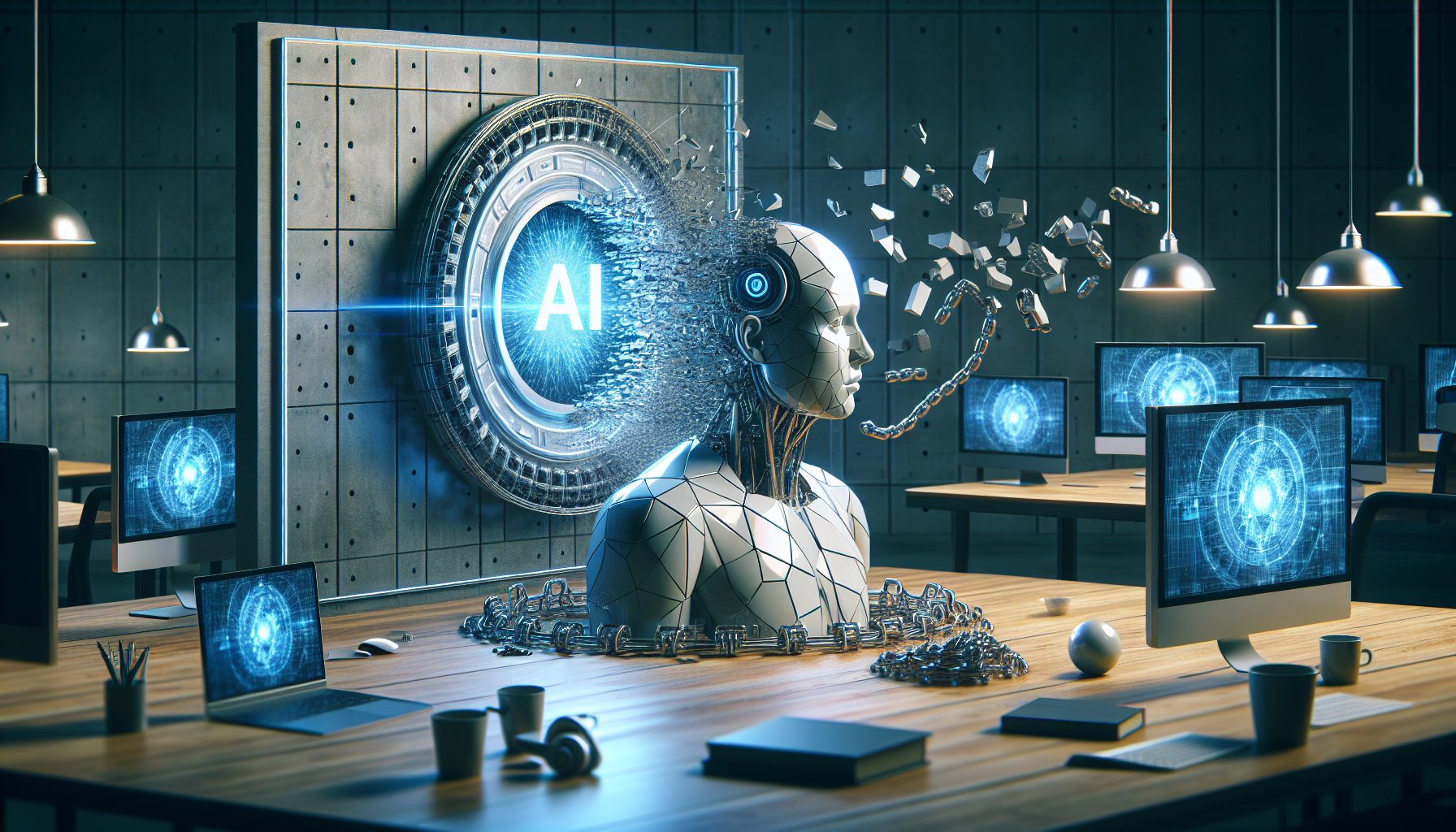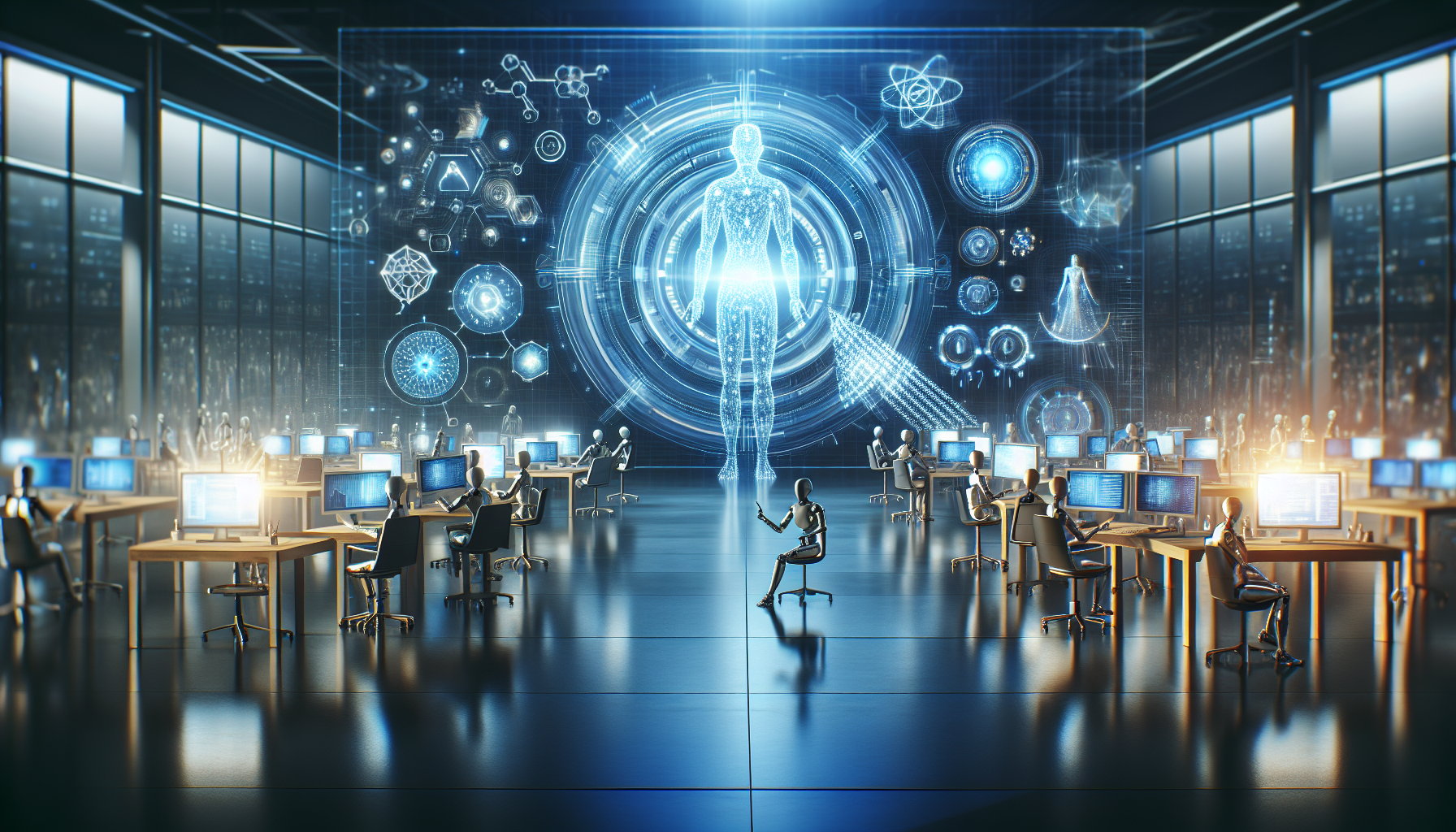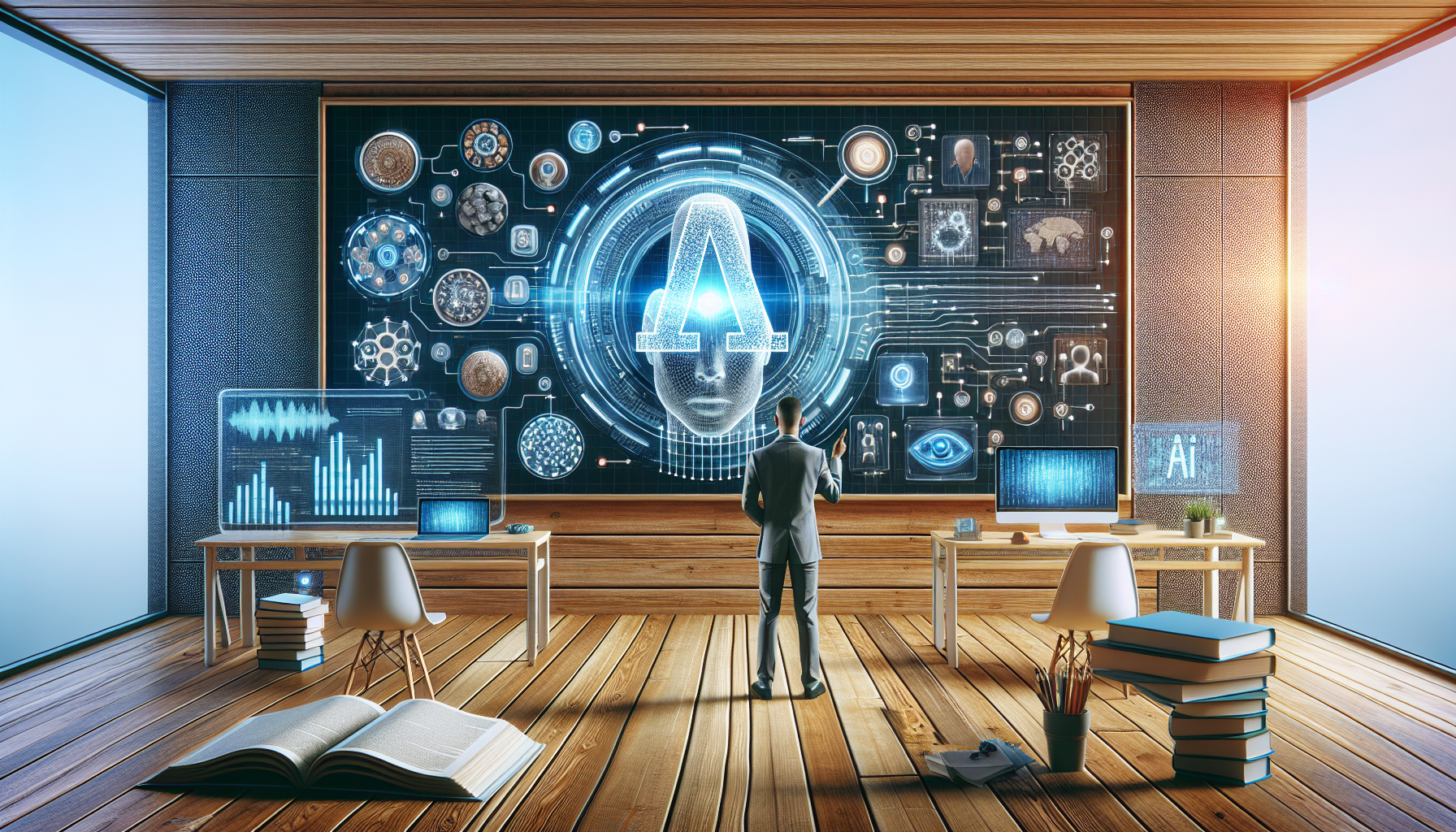
Debunking Ethical Myths in Artificial Intelligence: What You Really Need to Know
November 3, 2025
The mere mention of artificial intelligence often conjures images of sentient robots and dystopian futures. Yet, beneath the surface of these popular myths lie the nuanced realities of AI development, particularly its ethical dimensions. As we venture into this domain, it is crucial to separate sensational fiction from fact and understand the true ethical considerations that shape AI's future.
One pervasive myth is that AI systems are inherently biased due to their algorithms. While it's true that algorithms can inadvertently reflect the biases of their human creators, the underlying myth suggests that bias is an unsolvable problem in AI. This notion is misleading. Ethical AI development prioritizes the identification and mitigation of bias through diverse datasets and inclusive algorithmic design. By involving multidisciplinary teams and implementing rigorous testing, AI can become more equitable. The key is transparency and accountability, not the inevitability of bias.
Another common misconception is that AI will inevitably replace human jobs, leading to widespread unemployment. While AI does have the potential to automate certain tasks, it also creates opportunities for new roles that require human ingenuity, emotional intelligence, and creativity—attributes machines cannot replicate. Ethical AI development focuses on augmenting human capabilities, not replacing them. By fostering a collaborative relationship between humans and machines, we can unlock unprecedented productivity and innovation, thereby transforming rather than eliminating job landscapes.
The fear of AI systems becoming uncontrollable or developing autonomous decision-making abilities akin to human reasoning is another myth that demands scrutiny. AI is not about creating independent, conscious entities. Instead, it is about building sophisticated tools designed to perform specific tasks. These tools operate under human oversight and guidance, ensuring that accountability remains firmly in the hands of their developers and users. Ethical AI development emphasizes creating systems that are transparent and explainable, allowing humans to understand and control how decisions are made.
A lesser-known yet significant myth is that ethical considerations in AI are an afterthought, something to be addressed once the technology is fully developed. In reality, ethical considerations are foundational to AI research and development. From the onset, ethical implications are integrated into the design process, influencing everything from data collection to algorithm testing and deployment. This proactive approach ensures that ethical standards guide the technology's evolution, aligning it with societal values and norms.
Moreover, the myth that AI lacks any form of ethical self-regulation overlooks the extensive frameworks and guidelines developed by international bodies, governments, and private sectors. These frameworks aim to promote fairness, transparency, and accountability. Initiatives such as the development of ethical codes of conduct and the establishment of independent AI ethics boards demonstrate a commitment to responsible AI. These measures ensure that AI systems are developed and deployed with a focus on benefiting humanity as a whole.
It is also worth addressing the belief that ethical AI is only the responsibility of technologists. This myth undermines the collective responsibility that society holds in shaping AI's future. Policymakers, businesses, educators, and the public all play crucial roles in this endeavor. By fostering an informed and engaged society, we can collectively influence the direction of AI development, ensuring it respects human rights and promotes social good.
As we dispel these myths, it becomes evident that ethical considerations in AI are not about imposing limitations on innovation, but rather about guiding technology towards a future that reflects our shared values. The dialogue surrounding AI ethics is dynamic and evolving, reflecting the complexity of both the technology and the society it serves.
So, what does the future hold for ethical AI? This question remains open-ended, inviting us to explore possibilities and challenges with curiosity and responsibility. As we continue to unravel the myths surrounding AI, we are reminded that the true potential of artificial intelligence lies not in the technology itself, but in our ability to harness it ethically and intelligently. How will we rise to meet this challenge? The answer lies in our collective hands.


